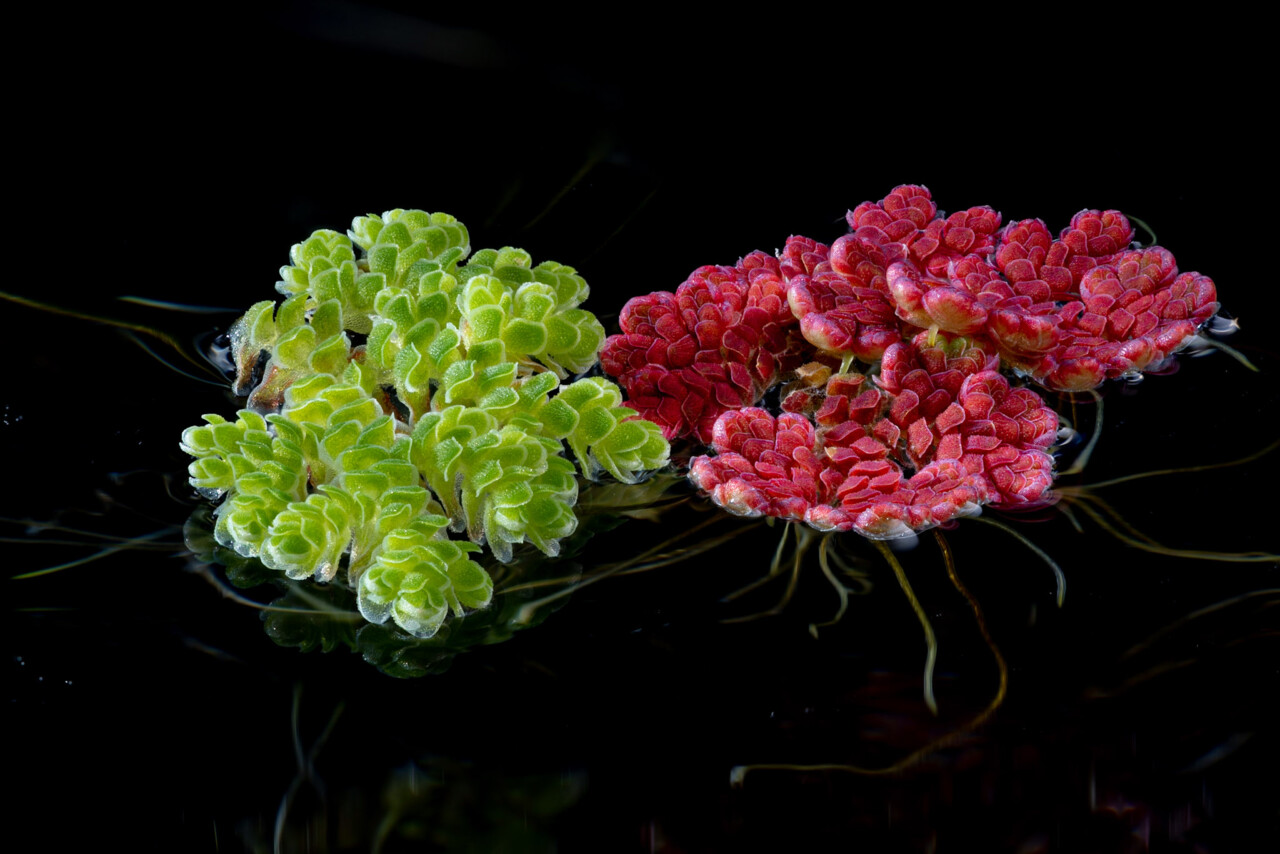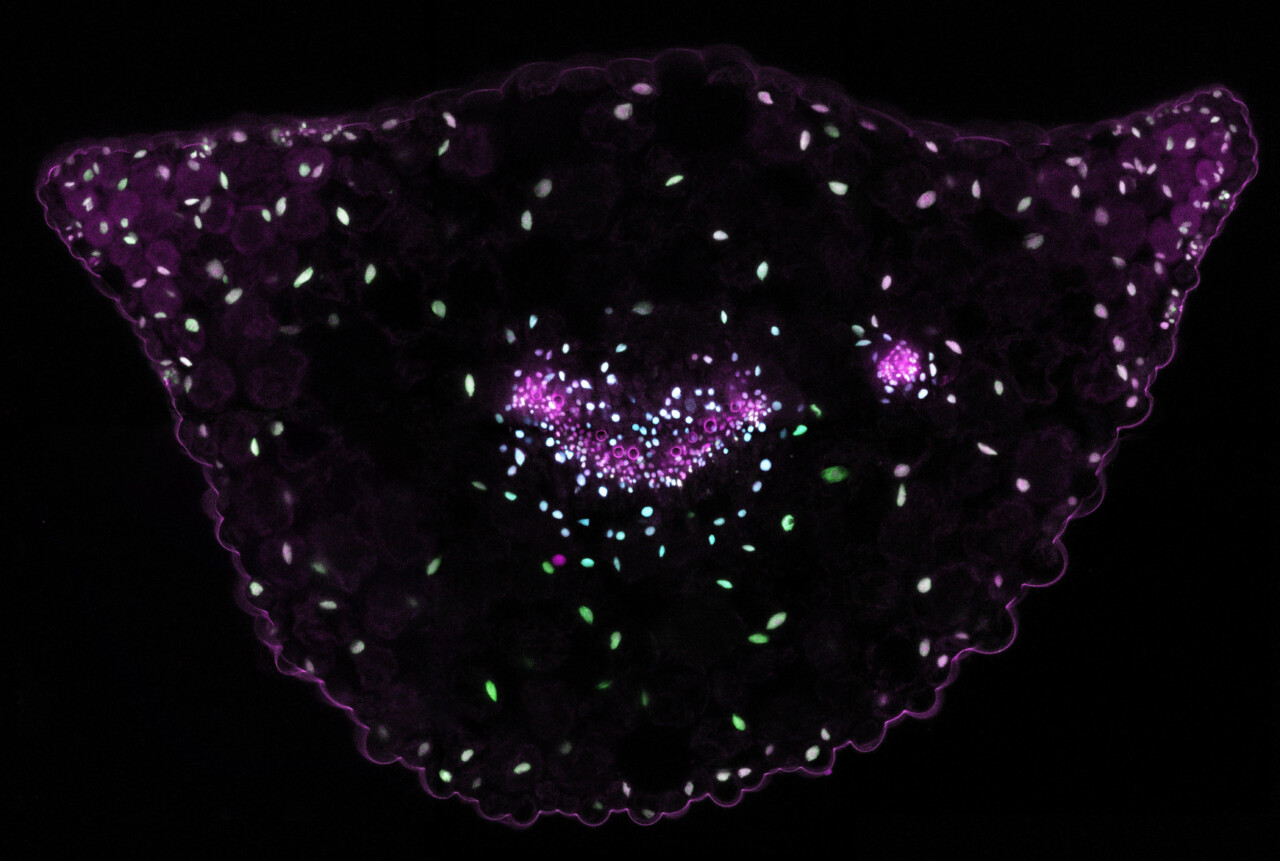
Bart Schimmel, Chair
PostDoc, Translation Plant Biology– Utrecht University
About my research
I am fascinated by the co-evolutionary arms-race between plants and their diverse parasites, such as arthropod herbivores and microbial pathogens. I am especially interested in the molecular mechanisms and ecological consequences of (induced) plant defenses on the one hand, and counter-adaptations of plant-feeders on the other.
I hold a PhD in Biology from the University of Amsterdam (advisor: Merijn Kant), for which I have studied tomato resistance mechanisms – and loss thereof – to herbivorous spider mites. As postdoc in the group of Matthias Erb at the University of Bern, I have investigated the biosynthesis and immunity-related functions of a hitherto unknown metabolite that is produced by maize plants upon tissue damage.
In Utrecht, I participate in two research projects: LettuceKnow and Pathoview (PI: Guido van den Ackerveken). Within LettuceKnow, I combine forward and reverse genetics approaches to determine the molecular genetic basis of the growth-defense trade-off in lettuce. My PathoView research is focused on lettuce downy mildew. For both projects, I make extensive use of high-throughput, automated image-based phenotyping, facilitated by the Netherlands Plant Eco-Phenotyping Centre (NPEC).
As EPS Postdoc council member, I aim to foster an inclusive, informal, and (socially) active postdoc community.
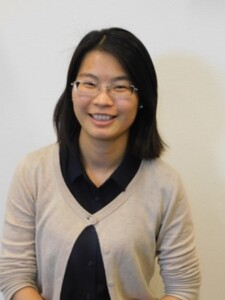
Jie Hu, Secretary
Postdoctoral researcher, Microbial Ecology Department – Netherlands Institute of Ecology (NIOO-KNAW)
About my research
During my PhD at Utrecht University, I focused on enhancing the functionality of the rhizosphere microbiome through biodiversity, with the aim of contributing to sustainable agriculture by unleashing the potential of plant-associated beneficial microorganisms.
After completing my PhD, I embarked on my first postdoctoral position in the same lab, followed by an enriching 8-month experience in a startup company. Continuing in my research direction and broadening my perspective, I transitioned to the University of Rennes 1 in France after being awarded the MSCA “EU Seal of Excellence.” My research at Rennes 1 centers on investigating the impact of ecological corridors on plant-associated microbial communities and leveraging microorganisms associated with plants for agroecology.
In my current research project, I am keen to explore the influence of plant domestication on the taxonomic and functional diversification of the root microbiome, particularly through the analysis of root exudates. This involves identifying ‘missing’ plant microbes, deciphering their genomes, and uncovering biosynthetic genes from wild plants and their herbarium materials.
To facilitate connections among Postdocs and provide mutual support in our careers and social lives, I joined the Postdoc Council in January 2024.
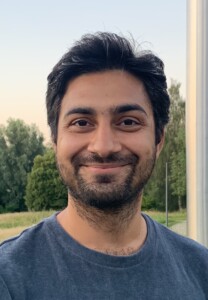
Parvinderdeep S. Kahlon, Communication Manager
Postdoctoral researcher, Laboratory of Plant Physiology – Wageningen University and Research
About my research
I have been fascinated by plants’ capability and diversity in responses to external stimuli. Until 2021, my research mainly focused on tomato defense responses against various pathogens. Since 2022, my scientific exploration has taken a fascinating turn in studying abiotic stress responses in plants. Currently, I am working as a Postdoc in the group of Prof. Christa Testerink at the Laboratory of Plant Physiology, WUR, and I am part of the MiCRop consortium. My research revolves around deciphering the molecular links between multiple stress responses in rice and the effect of soil-derived signals on those responses.
I joined the EPS Postdoc Council in March 2023. My work within the council includes building the Postdoc community, organizing scientific and career-oriented events for postdocs, and facilitating effective communication.

Ernesto Villacís Pérez , council member
PostDoc, IBED, University of Amsterdam
About my research
I study the antagonistic interactions between plants and the arthropods that exploit them at different levels of biological organization, from molecules to ecology. The main aim of my research is to understand the causes and consequences of the evolution of adaptative mechanisms in herbivores. By focusing on pest arthropods, my research lies at the intersection between fundamental and applied research, and thus I hope to use my background in evolutionary biology to help fulfil the immense task of creating sustainable, integrative pest management practices that can prevent, and even anticipate, pest formation.
In June 2024, I joined the EPS postdoc council with the aim of helping achieve a just working environment for my peers, and to ameliorate the perils associated with a life in academia, in particular among postdocs. I enjoy creating spaces to openly discuss issues and to find possible solutions as a community. I hope to be able to become a voice for our community inside and outside of academia, in particular for underrepresented groups and minorities.
s.

Marieke van de Loosdrecht, council member
PostDoc, Biosystematics – Wageningen University and Research
About my research
My name is Marieke. My research interests fall within the cross-section of evolutionary genetics, ecology and anthropology, preferably to obtain multidisciplinary and integrative perspectives on the human past.
During my PhD at the Max Planck Institute for the Science of Human History in Jena, Germany, I worked with ancient DNA from human remains recovered from prehistoric archaeological contexts in the Mediterranean to reconstruct the transition from foraging to early farming. In June 2021 I joined the Biosystematics group at the WUR as a post-doctoral researcher. In my current research I aim to characterise the astonishing large genomic diversity of the traditional rice varieties that are grown by the Maroon peoples in Suriname, who are the descendants of West-African slaves that escaped the plantations during colonial times. The rice varieties may hold important clues to reconstruct a part of the Maroon community history, as well as the development of rice farming practises in the Americas in general.
I joined the postdoc council in summer 2022 to help organise events that provide social and career support for postdoctoral researchers.

Samuel Koh, council member
Postdoctoral researcher, Laboratory of Biochemistry – Wageningen University & Research
About my research
My enthusiasm lies in the exploration of natural products chemistry and the intricacies of plant growth and development. To delve deeper into molecular mechanisms, I joined Prof. Christian Hardtke’s lab at the University of Lausanne, Switzerland. There, I immersed myself in deciphering the characteristics of plant-specific polar proteins and their homologs, with a particular focus on the model species Arabidopsis thaliana.
After a brief period at the John Innes Centre (JIC), I made a transition to the group led by Professor Dolf Weijers. In my current position, I am committed to further unraveling the mysteries surrounding plant cell polarity and gaining insights into the intricate control mechanisms governing cell division orientation.
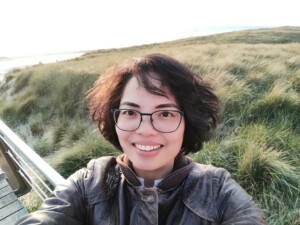
Phuong Nguyen, Council member
Postdoctoral researcher, Laboratory of Genetics – Wageningen University
About my research
I am Phuong Nguyen, Postdoc at Laboratory of Genetics, Wageningen University. I have been for many years working as Postdoc. Postdocs belong to a forgotten group, in my opinion, which needs to improve its visibility to receive more support. I hope with my little contribution, I would be able to support the group to achieve its goals.
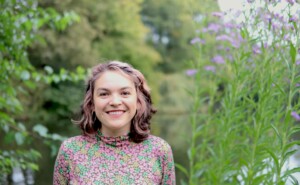
Natalia Rodriguez Granados, Council member
PostDoc, Biosystematics – Wageningen University and Research
About my research
Postdoctoral researcher, Plant Stress Resilience group – Utrecht University
About my research
I have been always fascinated with phenotypic plasticity in plants, especially when it comes to elucidate the molecular bases of gene-environment interactions and their practical applications. During my PhD, I elucidated epigenetic and transcriptional mechanisms regulating sex determination in melon, a process with important applications in breeding and yield improvement. I am current doing my postdoc in the Plant Stress Resilience group at Utrecht University. My research focuses on understanding the physiological and molecular responses to root flooding (i.e. waterlogging) in tetraploid potatoes. Potato is generally conceived as a waterlogging-sensitive crop; by combining biased and unbiased approaches, we aim to decipher the dynamics of local and systemic responses as well as new venues for enhancing waterlogging resilience in potato.
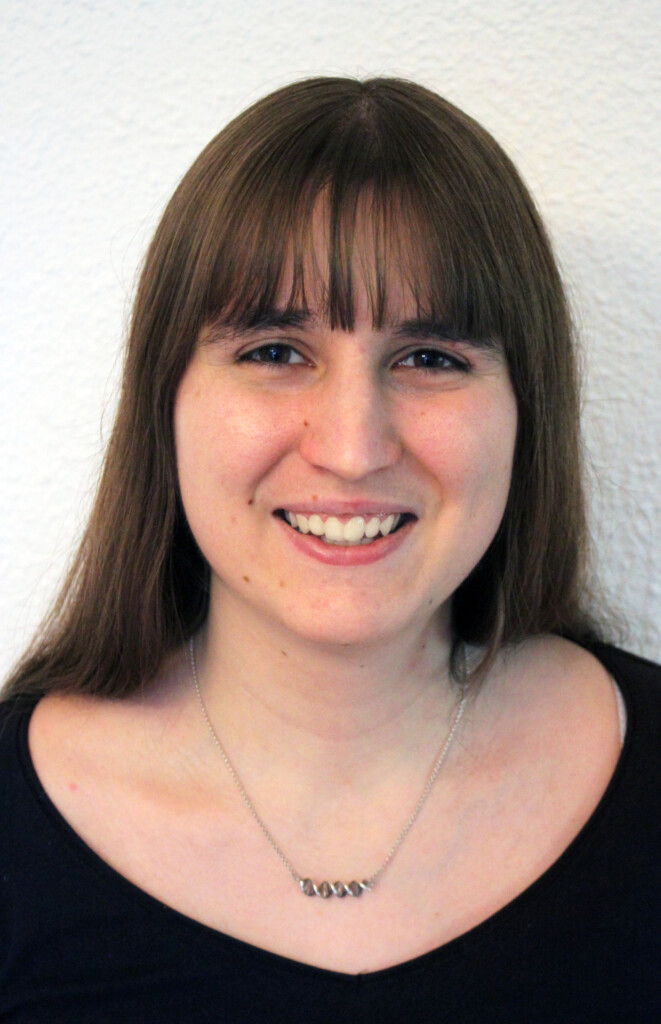
Cloe Villard , Council Member
PostDoc, BioSystematics– Wageningen University and Research
About my research
Since the beginning of my academic career, I have been fascinated by the ability of plants to produce a large and diverse range of specialized metabolites. I have therefore dedicated myself to understand the mechanisms underlying their production, from molecular and evolutionary perspectives. I first did a PhD in France, where I identified and characterized new P450 enzymes involved in the production of fig tree defensive compounds called furanocoumarins. I then moved to the Netherlands to join Eric Schranz’ group as a post-doc and study the activity and evolution of oxidocyclase enzymes involved in cannabinoid biosynthesis.
Hall of Fame (Past council members)
Melissa Leeggangers
Hayat Sehki
Ava Verhoeven
Sofia Bengoa Luoni
Scott Hayes
Mon-Ray Shao
Angelica Sanclemente
Kresimir Sola
Mariana Silva Artur
Yang Song
Chrysa Pantazopoulou
Alejandra Freire-Rios
Femke de Jong
Suraj Jamge
Tanya Radoeva
